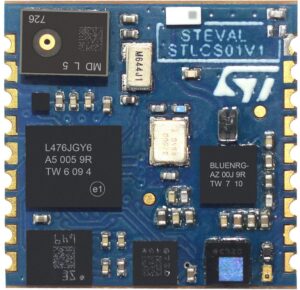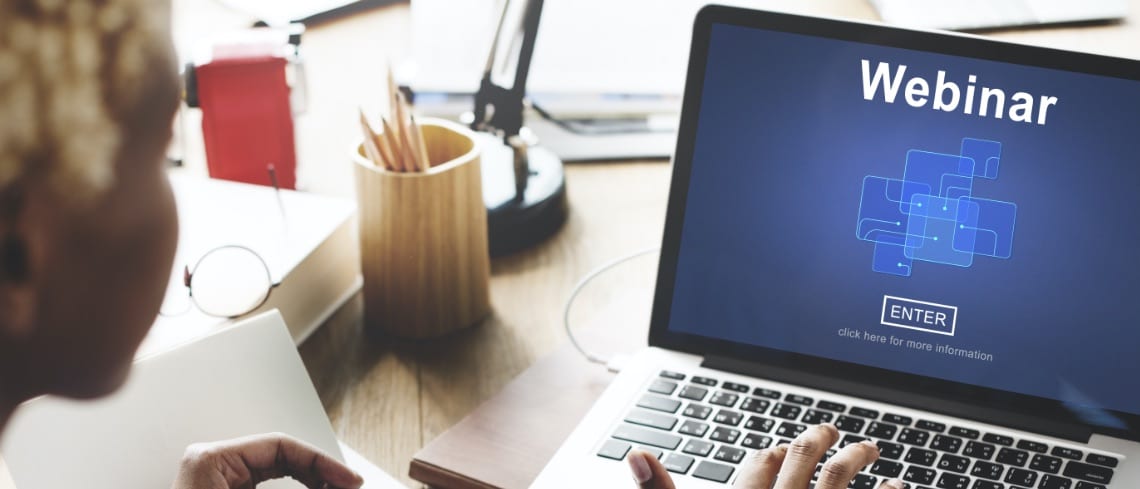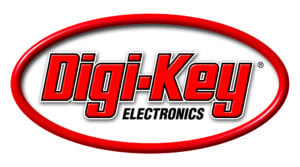On May 6, 2020, ST and the Digi-Key Academic Program held a roundtable with university professors and educators on how to implement online hands-on classes in the time of COVID-19. A recording of this event is available online and for free. It shows how faculty members are dealing with this new reality and the positive experiences they’ve had in bringing their courses online. The talk also covers their challenges as they assist electronics engineering students and the new ways they employ to interact with them. It was thus a great way to build on the educational initiatives from the Digi-Key Academic Program and ST, such as our Educational Platforms that aim to change the way we teach and learn electronics engineering.
The roundtable was highly symbolic because it took place exactly two months after the University of Washington became the first university in America to announce that it would be closing due to the pandemic. Since then, the SARS-CoV-2 virus forced 4,234 higher education institutions to change the way they taught and even shut down entire campuses, for a lot of them, while 25.8 million students1 deal with video conference classes, online graduations, or put their studies on hold. In this extraordinary context, educators need to come together to learn from one another as they struggle to make their courses relevant to the next generation of engineers.
Online Courses During COVID-19: Two Professors Share Their Experience

To make the discussions more pertinent and come up with practical examples, ST and the Digi-Key Academic Program asked Professor Willian Kaiser and Professor Ramsin Khoshabeh to lead the discussions. The former is a faculty member of the UCLA Electrical and Computer Engineering Department, and is the author of the open-source courses on the Internet of Things and Embedded Machine Learning as well as Motor Control and Control Systems. The latter teaches classes at UC San Diego that focuses on systems design and hands-on instruction in the context of building a complete system, with topics ranging from health wearables to IoT-based networks of self-driving cars.
They both shared how they adapted to remote teaching, and how students thrived in this new reality. For instance, Professor Khoshabeh explained that even though students could focus on software-only projects, some still worked on hardware designs, like an ice-coffee machine. Professor Kaiser told the audience how his students were able to work with their SensorTile kits despite some of them having little to no experience in sensors or embedded systems, and how the results of remote teaching were as positive as in a classical classroom.
Members of the audience then jumped in to share their experience. Some used virtual systems to let students remotely log onto specific hardware platforms. Others explained how they used tools like Zoom, Git, or even Discourse, to communicate and share. There was also a mention of inspectAR, a tool that uses augmented reality to help students understand the issues they may have with their PCB. For instance, a class could use the software with a NUCLEO-L476RG to superimpose graphics that would ensure students better understand the layout or potentially solve an issue.
Online Courses After COVID-19: When Educators Share More Than Knowledge
The next step is to help other educators still struggling with remotely teaching their course. It was thus highly valuable to hear from Professor Jose Ramirez, from the Harvard Extension School, who shared how he had started implementing the open coursework from Professor Kaiser on embedded systems. He explained how his students benefited from seeing real data and how the software that came with the course helped jumpstart the students’ experience, thus showcasing the potential behind the ST Educational Platform. Similarly, Professor Yifeng Zhu, who authored the open course on Low-Level Firmware Programming with Drones, launched a discussion on the role of TAs and the possibility of sharing assistants to facilitate the propagation of various coursework, thus demonstrating the spirit that drives educators in these trying times.
ST and the Digi-Key Academic Program are already planning new events. One of the highlights from last week’s roundtable was that higher education establishments are all wondering how they can adapt to the new online realities. ST and the Digi-Key Academic Program want to show that the industry can lend a hand as faculties help and support one another and we transform the way we teach engineering. Anyone interested in reaching out may use the Contact Us link on the Educational Platforms.
- Numbers come from The Entangled Group ↩︎

